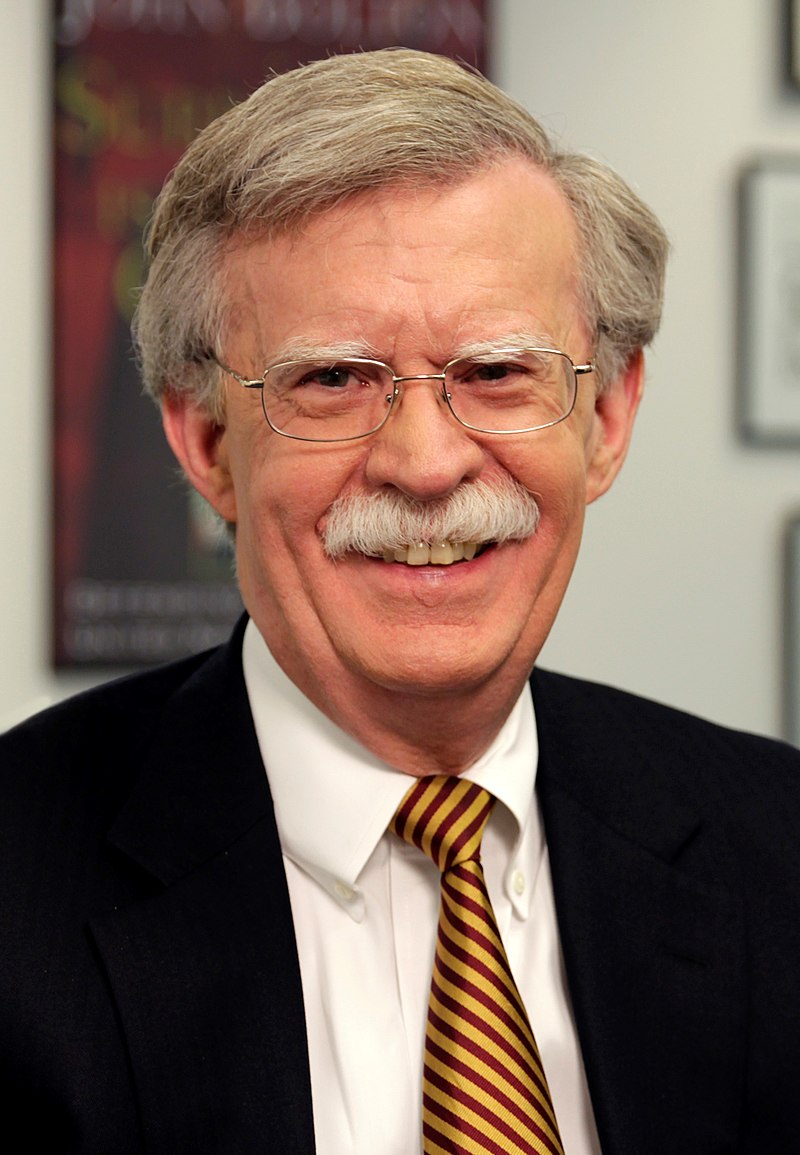
I have no love for John Bolton. I have, to be more clear, no sympathy for him as a figure in our public life whatsoever.
But if one is only going to defend the free speech and press rights of those with whom one has some sympathy, one is a two-faced jackass, not an advocate of freedom at all.
The point about freedom is that it works, and coercion fails, for any worthwhile goals.
Freedom of the press works largely because rats sometimes have fallings out, and because the public can often learn a good deal about the rats when they do have such a split, when some of the rats kick one of their number out of the rat nest, and when the evicted rat finds a publisher.
That is a GOOD thing, not something to be regretted. Even though the process often involves the evicted rat making a good deal of money.
As for the current dispute over whether the book contains dangerous national security secrets: I may believe that when I see an evicted-rat showing me the commander in chief's bone spurs.
Pending that: let the market of ideas receive this neocon jerk's book into its capacious maw.
Comments
Post a Comment